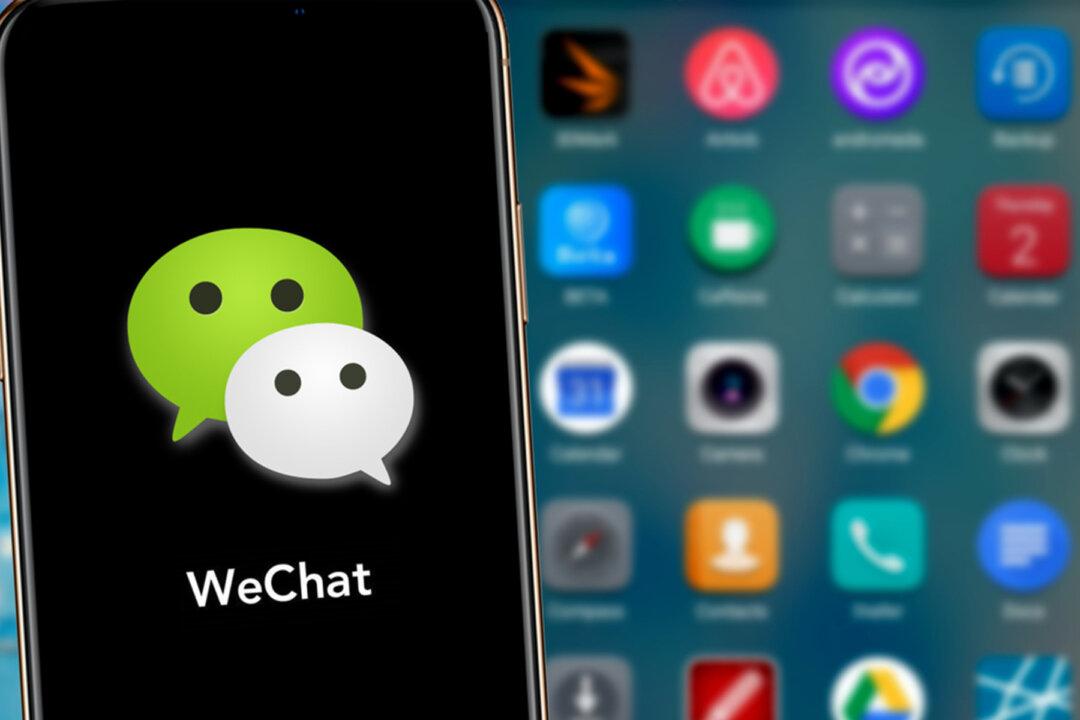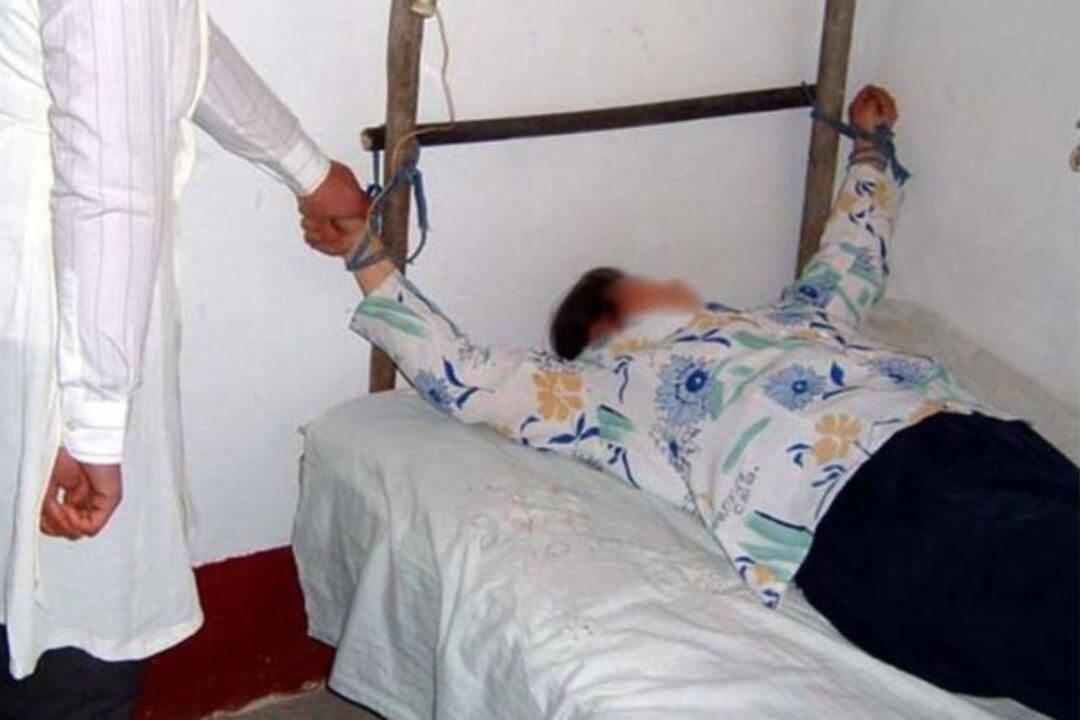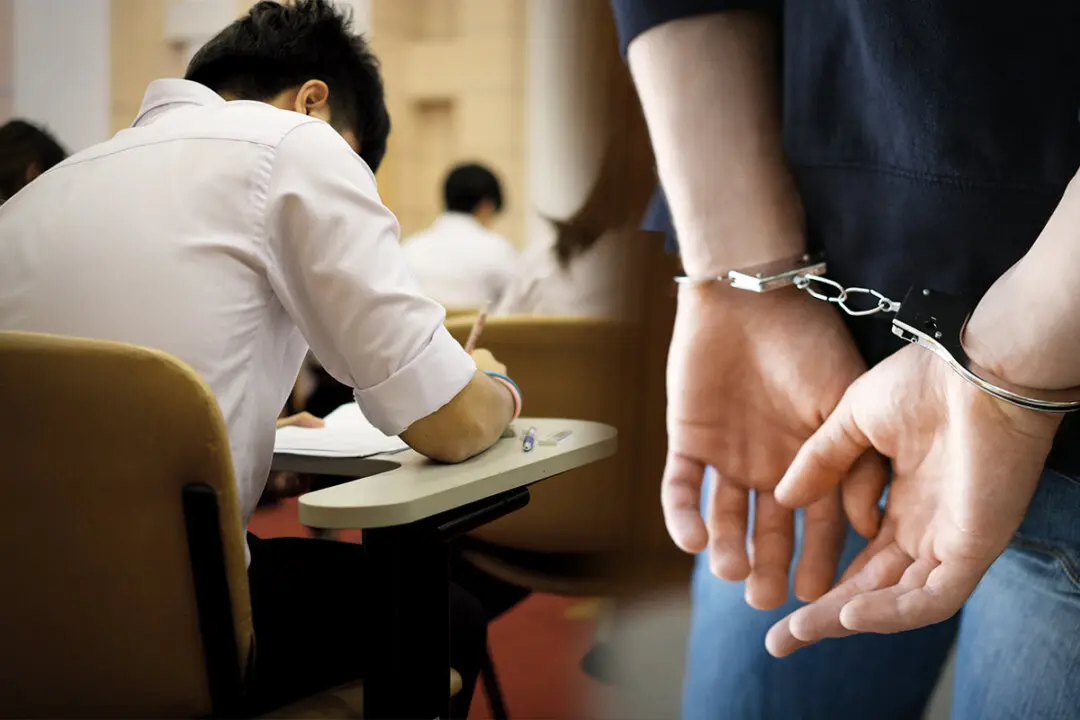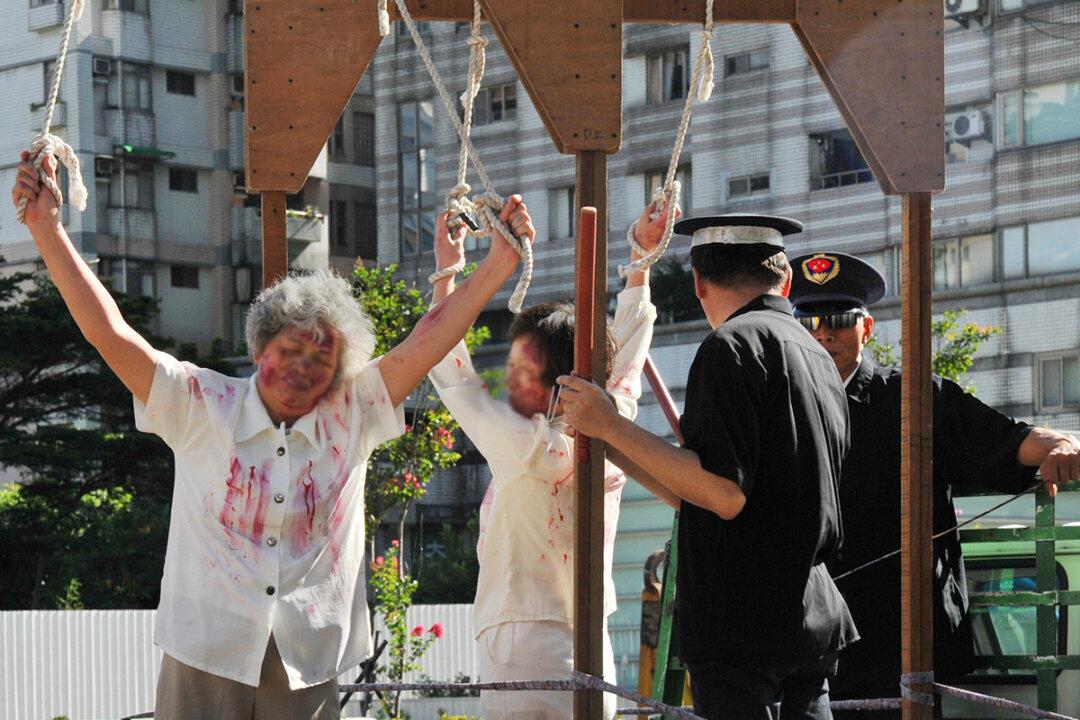In the United States and other parts of the world where freedom of speech is highly valued and emphasized, people usually do not have to worry that voicing their opinions about the government or its policies could lead to punishment. However, this is not the case for people in China.
For years, the popular Chinese messaging app WeChat has been making headlines for censoring its users’ content and sharing it with the Chinese Communist Party (CCP). Those who were found guilty of spreading messages deemed “sensitive” by the regime might have to face imprisonment.





![‘Killing You Would Be the Same as Killing Ants’: Prisons Where Innocent Citizens Are Tortured [PHOTOS]](/_next/image?url=https%3A%2F%2Fimg.theepochtimes.com%2Fassets%2Fuploads%2F2023%2F12%2F09%2Fid5544114-Falun-DaFa-practitioner-1080x720.jpg&w=1200&q=75)